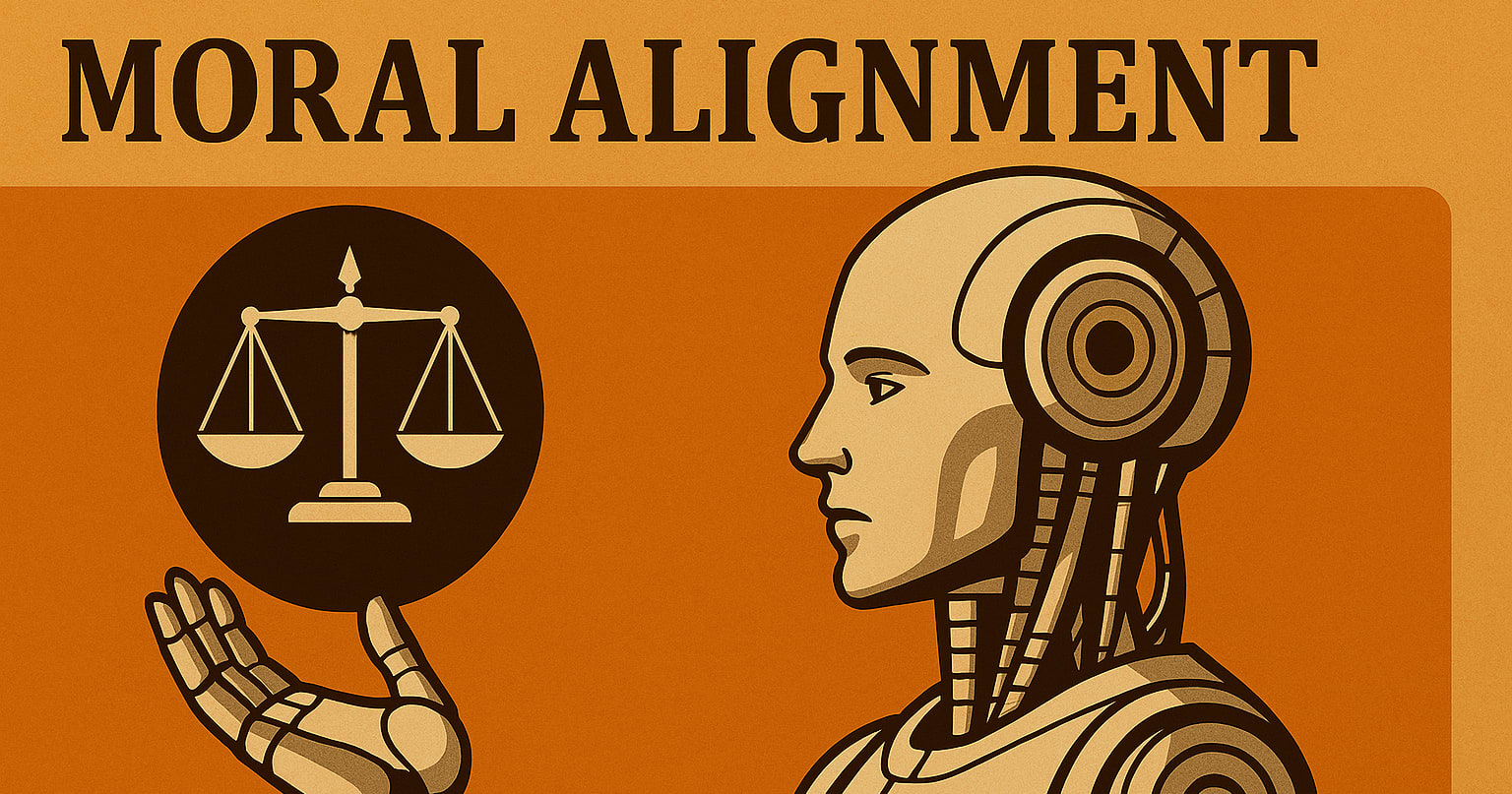Hey everyone!
My name is Yovel Rom. I'm an Israeli data scientist, active in EA Israel for the last couple of years. I served in the IDF in an elite program called Talpiot, which consists of a CS- physics udergrad and broad military education (basically West Point for technology people, but more elitist), then as a data scientist, and finished my service as a captain two years age. I'm currently at home, since they don't need many data scientists right now.
Currently I'm safe, and can't concentrate on serious stuff so I would like to try and spread understanding of the situation in Israel, whether about the spcific events occuring right now or the larget context (or anything you'd like to know about me or Israel in general. It's an AMA!). I'm as updated on the situation as a person with no formal position can be (which might be less than you expect).
Ask me anything.
I asked a couple of friends to help me if this starts to blow up, so write in your comment if you want me specifically to answer :)




Some answers from the LW AMA:
https://www.lesswrong.com/posts/zJCKn4TSXcCXzc6fi/i-m-a-former-israeli-officer-ama?commentId=K8Cjv9rTzfa5Lp4gd